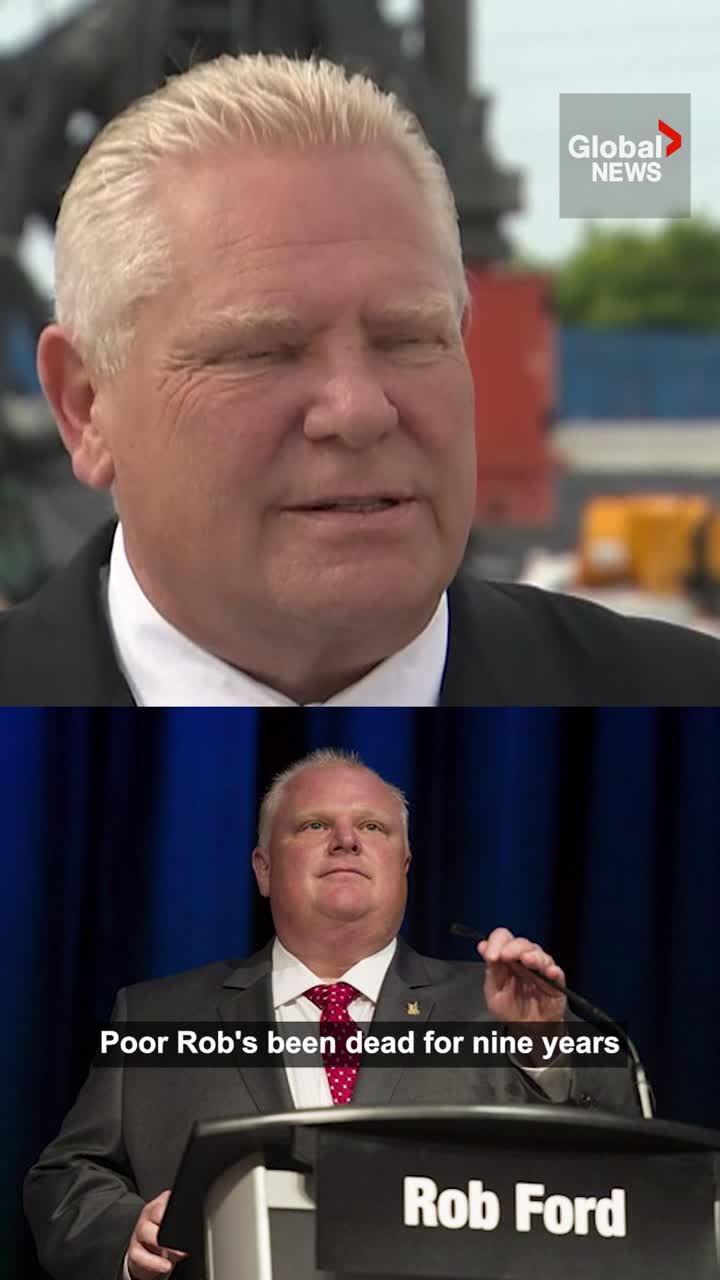
Introduction
The recent release of a documentary about the late Rob Ford, the former mayor of Toronto, has reignited discussions surrounding his controversial legacy. Ford’s life and political career were marked by both fervent support and strong opposition. As one of Canada’s most polarizing figures, his story resonates with many, underscoring the complexities of modern politics and leadership in urban settings.
Overview of the Documentary
The documentary, titled “Unfinished Business: The Rob Ford Story,” provides an in-depth view of Ford’s life, from his rise as a local councilman to his tenure as mayor from 2010 to 2014, which was characterized by a series of scandals, personal struggles, and a dramatic fall from grace. Featuring interviews with friends, family, and political analysts, the film aims to portray Ford not only as a flawed leader but also as a complex individual facing significant challenges.
Key Events Highlighted
Throughout the documentary, pivotal moments such as Ford’s election campaign, his infamous public outbursts, and the unraveling of his administration due to drug allegations are scrutinized. The film seeks to provide context to Ford’s controversial decisions, exploring how his background in a political family influenced his views and policies.
The documentary also touches on Ford’s battles with addiction, presenting a candid portrayal that humanizes him. His death from cancer in 2016 represents a significant loss for his supporters, but the film argues that his impact on Toronto’s political landscape continues to be felt.
Public Reaction and Cultural Impact
Since its release, the Rob Ford documentary has sparked varied reactions among viewers and political commentators. Supporters of Ford commend the film for showing love and respect for a politician who was unapologetically authentic in his beliefs. Critics, however, argue that it may romanticize a figure who was often viewed negatively due to his behavior and policies.
Conclusion
The Rob Ford documentary serves not only as a reflection on his life and political career but also raises broader questions about political accountability, public perception, and the nature of leadership. As Canadians continue to grapple with the implications of Ford’s legacy, the film invites viewers to consider how public figures are remembered and the lasting effects of their actions. With ongoing discussions about political integrity and personal responsibility, the relevance of Ford’s story persists, prompting both nostalgia and criticism in equal measure.



